The unsung heroes of World War II: The Ritchie Boys
- By Travis Pike
Share This Article
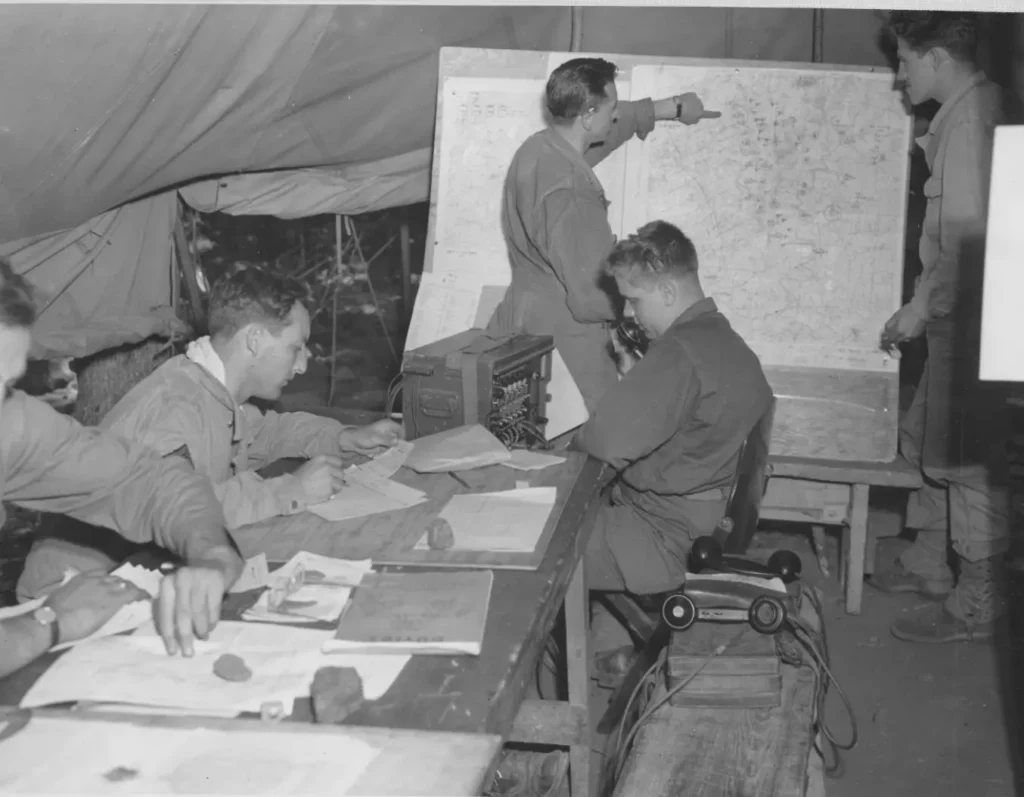
The men who waged World War II were some of the best and worst the world had to offer. This massive industrial war was unlike any other and it shaped the modern world. With so many men and women, moving pieces and units involved, some are often forgotten. One group that is both forgotten and underappreciated is the Ritchie Boys.
One of the core problems with fighting any war is understanding your enemy. Sun Tzu wisely said, “If you know the enemy and know yourself, you need not fear the result of a hundred battles.” The war waged against the Japanese, Germans, and Italians was against very distinct cultures that Americans didn’t fully grasp.
You can learn about a country’s language, religion, and even culture, but learning about a culture and being a part of it are two entirely different things. There are many cultural subtleties that you may not recognize if you’re not born into the culture – tells, accents, speech patterns, and so much more. If you’re fighting an enemy, understanding their culture could be invaluable.
For that reason, the U.S. Army and the U.S. Military Intelligence Service employed the Ritchie Boys. These were cultural experts who came from Germany, Italy, and Japan. They were primarily German and Austrian recruits, many of them German Jews, with a smaller number of Italian and Japanese troops. In total, 20,000 men and 2,000 women were trained as Ritchie Boys.
Camp Ritchie

The Ritchie Boys were trained at Camp Ritchie, from where they got their name. In World War II, the camp was used to hold POWs and train the Ritchie Boys. The troops conducted an eight-week training program focused on terrain intelligence, signal intelligence, counterintelligence, aerial photo interpretation, combat and operations, and much more.
Troops were trained on how to interrogate enemy troops, which likely made the POW camp valuable for the Ritchie Boys. The troops became highly trained intelligence operatives. In fact, they became one of the first battlefield intelligence assets. The specific training depended on the needs of the Army.
For example, in the time leading up to D-Day, they focused on training troops who could speak French. Occasionally, troops who could speak particular languages would even be pulled from the training prior to completion due to the Army’s immediate needs. While there was a large focus on German, the troops also spoke Japanese, French, Italian, Polish, and many more, including multiple dialects.
Related: First Special Service Force was a unique World War II Americano-Canadian commando unit
Ritchie Boys go to war
Troops trained at Camp Ritchie served the United States and its allies around the world. They were sent to the front lines and participated in major conflicts.
Their specialized language skills, cultural knowledge, and intelligence gathering – which included an advance warning of the Germans Ardennes Offensive – made them invaluable and allowed them to offer troops on the ground a comprehensive view of their enemy. They also interrogated prisoners of war and defectors and helped in psychological operations.
Ritchie Boys participated in every major battle and campaign in Europe, including D-Day and the Battle of the Bulge; they also participated in the Pacific War, including the Battle of Saipan.
After the war, Ritchie Boys would help as translators and interrogators at the Nuremberg trials. A number of Ritchie Boys would become eventually notable politicians, engineers, businessmen, and more.
The program was extremely successful and we could still learn from it today.
The modern Ritchie Boys
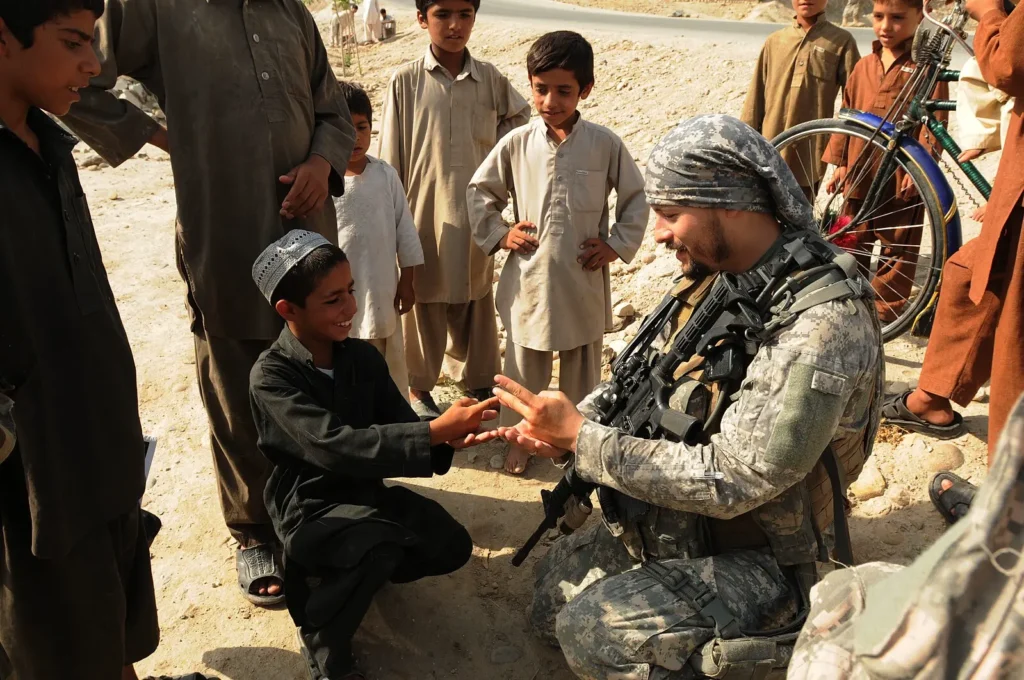
Prior to going to Afghanistan, I thought I had a reasonable idea about the culture of the country and the Helmand River Valley. I read books, attended numerous lectures, and took classes. I wanted to have a good understanding of the country I was going to fight in, since a big part of the Global War on Terror was COIN, or Counterinsurgency.
Most of COIN involved interacting with the local community, elders, and other stakeholders. We helped with projects, funded schools, and more. That was a fine goal, but we approached the situation with an American understanding and American solutions.
For example, we once came up with an idea of building a school for a village, but the village was fine with the local Mullah teaching classes in a compound. They didn’t need a school: they needed better roads to improve logistics to sell the crops they generated. It took months to figure out what we were doing wrong, and by then, we didn’t have much time to help.
In a case like this, we would have benefited from a Ritchie Boys-like program of Afghan or even Muslim troops.
We get so much of our intelligence from high-tech sources that we seem to be ignoring the value of on-the-ground intelligence.
War changes, but a lot of things stay the same. Understanding culture, speaking the language, and knowing the customs will always be invaluable for forces on the ground.
Feature Image: Troops process intelligence in World War II. (TheRitchieBoys.com via the National Archives)
Read more from Sandboxx News
- New material from North Carolina State University could revolutionize stealth aircraft (and even warship) design
- It took more than stealth to make the F-117 Nighthawk a combat legend
- Explosive mishaps in Delta Force: Learning from mistakes
- Smithsonian receives F-15 jet with a special history
- Ukraine reveals new long-range cruise missile that can strike Moscow
Related Posts
Sandboxx News Merch
-

F-35 ‘Evolution’ Poster
$22.00 – $28.00Price range: $22.00 through $28.00 Select options This product has multiple variants. The options may be chosen on the product page -

A-10 ‘Thunderbolt Power’ Framed Poster
$45.00 – $111.00Price range: $45.00 through $111.00 Select options This product has multiple variants. The options may be chosen on the product page
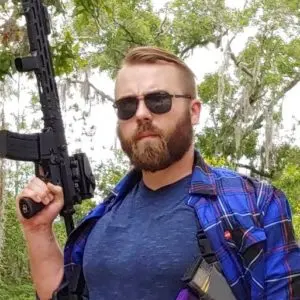
Travis Pike
Travis Pike is a former Marine Machine gunner who served with 2nd Bn 2nd Marines for 5 years. He deployed in 2009 to Afghanistan and again in 2011 with the 22nd MEU(SOC) during a record-setting 11 months at sea. He’s trained with the Romanian Army, the Spanish Marines, the Emirate Marines, and the Afghan National Army. He serves as an NRA certified pistol instructor and teaches concealed carry classes.
Related to: Military History
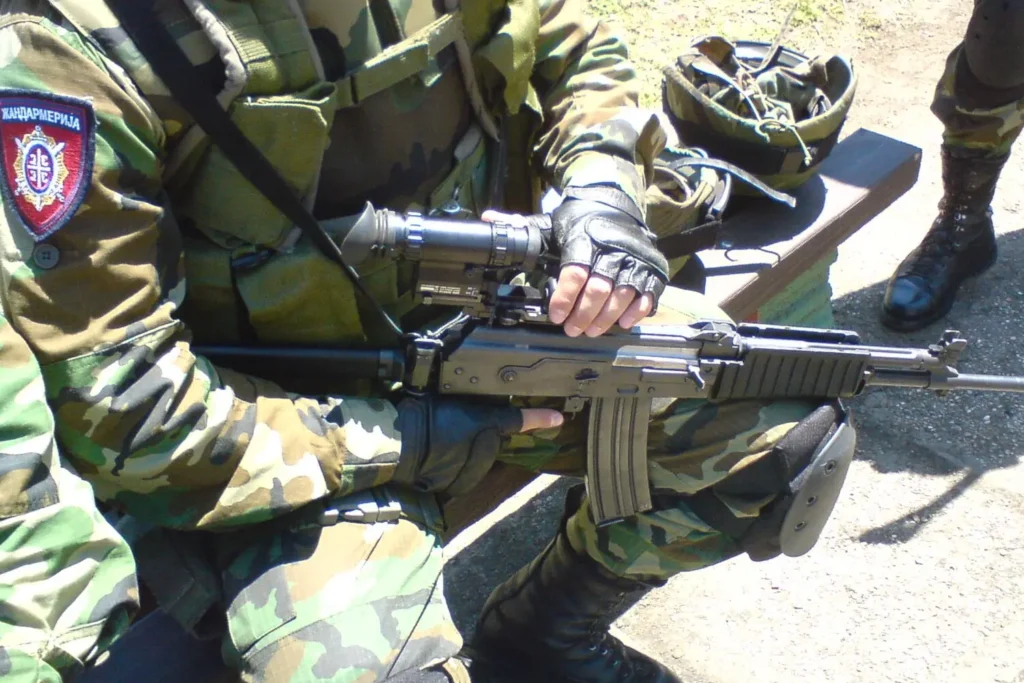
Serbia’s unique Zastava M21 – Service rifles from around the world
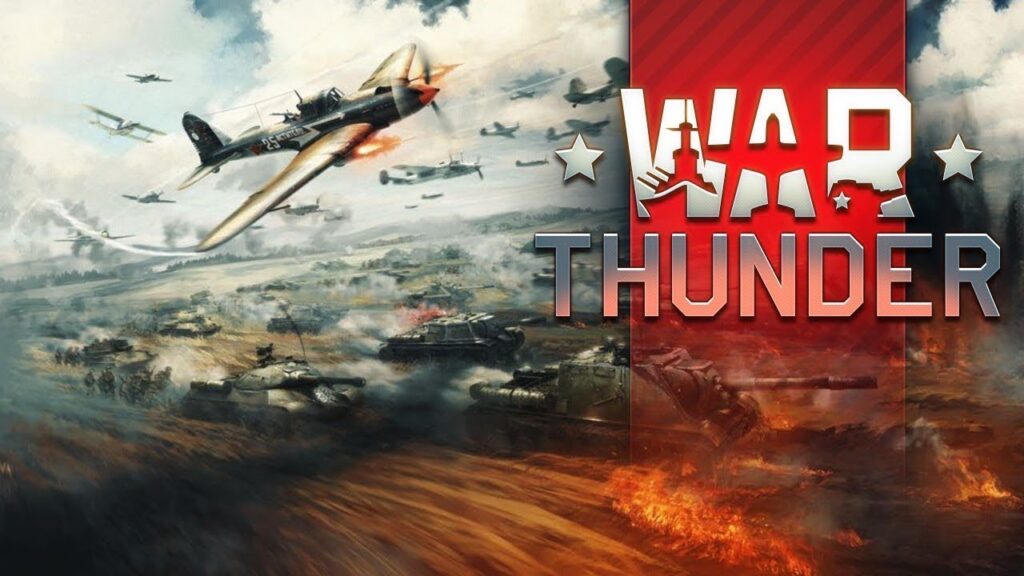
The complicated legacy of War Thunder in the military community

What movies and videogames get wrong about weapons and military tech
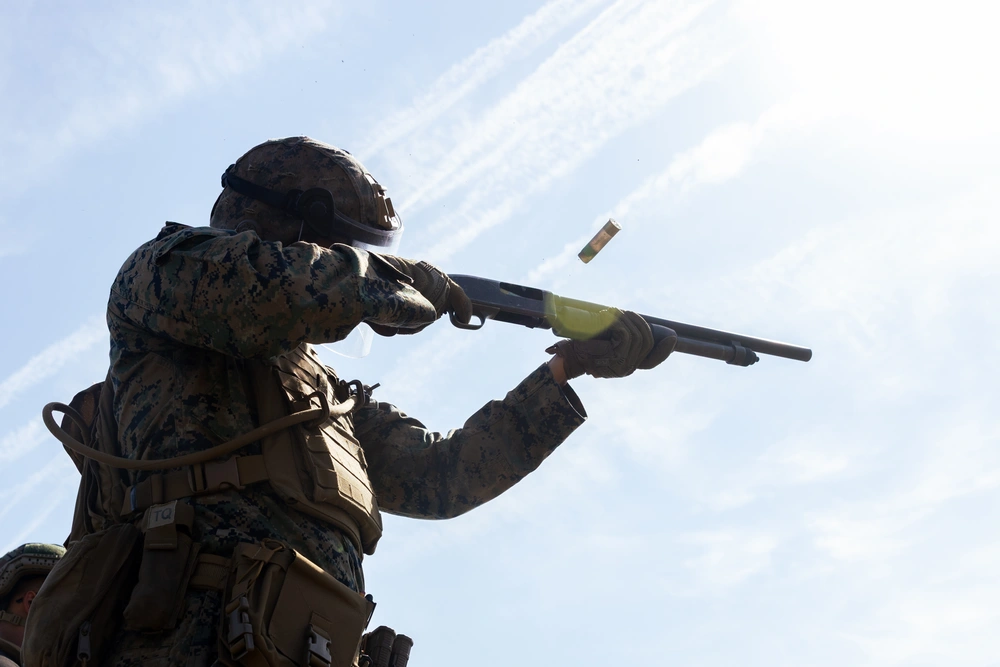
Shotguns excel at many scenarios and can offer a lot to the American military
Sandboxx News
-

‘Sandboxx News’ Trucker Cap
$27.00 Select options This product has multiple variants. The options may be chosen on the product page -

‘AirPower’ Classic Hoodie
$46.00 – $48.00Price range: $46.00 through $48.00 Select options This product has multiple variants. The options may be chosen on the product page -

‘AirPower’ Golf Rope Hat
$31.00 Select options This product has multiple variants. The options may be chosen on the product page -

‘Sandboxx News’ Dad Hat
$27.00 Select options This product has multiple variants. The options may be chosen on the product page
